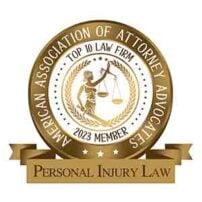As people age, they often have increased chances of acquiring illnesses or injuries, and this may be a factor that causes you some concern if you have a loved one who is a resident in a New York nursing home. Infections are among these hazards that the elderly are exposed to, and in fact, according to the National Institutes of Health, there are more infections affecting nursing home residents each year than there are nursing home residents. We at the Law Office of Richard M. Kenny understand that nursing home staff play a primary role in residents’ infection risks.
Urinary tract infections are prevalent in nursing homes because many of the residents suffer from mobility issues, dementia and incontinence, factors that often lead to the need for a urinary catheter. Although you may expect the nursing staff to be educated in how to care for these medical devices, direct care staff also typically have these job duties, and they are much less likely to receive training. While knowledge of proper insertion, manipulation and emptying of the bag and lines is essential, washing hands before and after care are primary ways of preventing the spread of bacteria that causes infection.
As skin ages, it becomes more fragile. If your loved one is immobile, and staff do not shift him or her regularly, the bones press against the skin and cause wounds that are susceptible to infection. Although a bedsore may not be proof of neglect, it is often an indicator that a resident is not receiving the proper level of care, and this exacerbates the risk of infection, as well.
These and other infections, such as pneumonia, are serious health threats to nursing home residents, and statistics indicate that they often contribute to hospitalization and death. For more information about mistreatment in nursing homes, please visit our web page.











